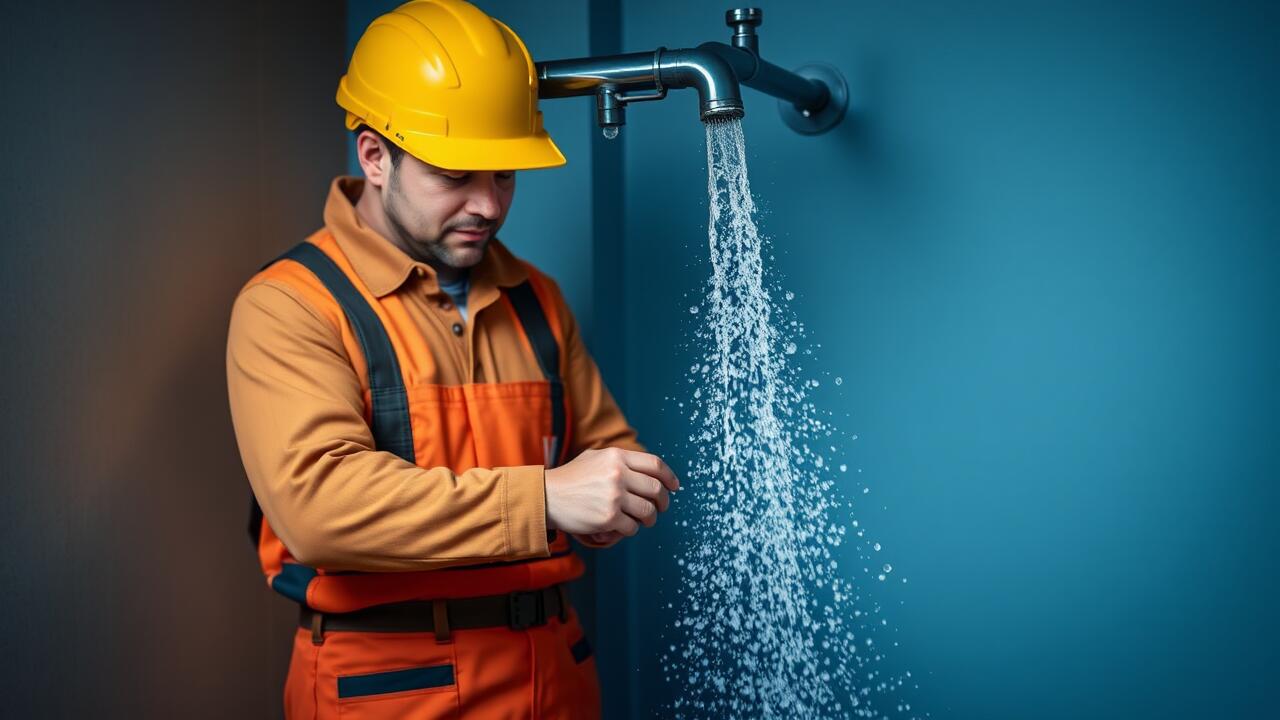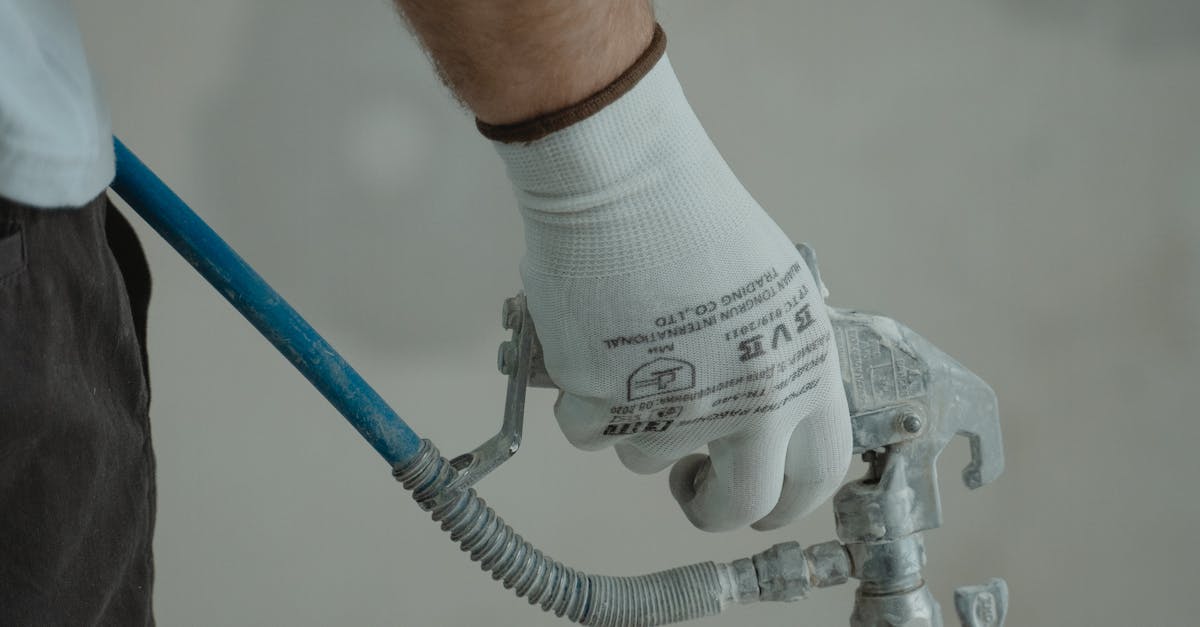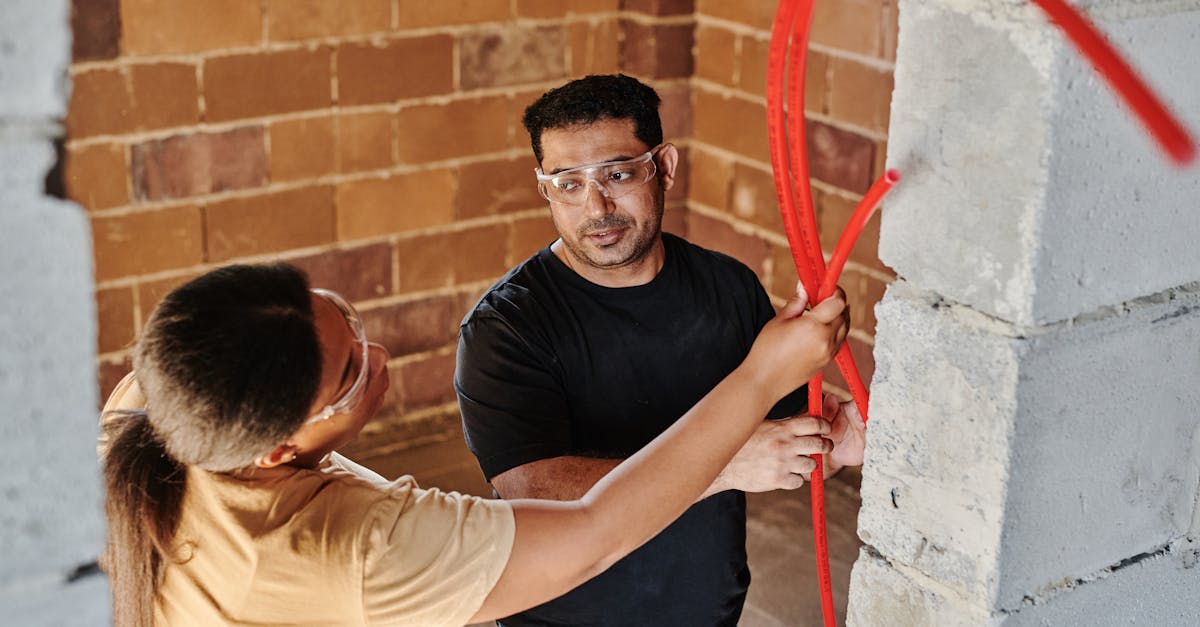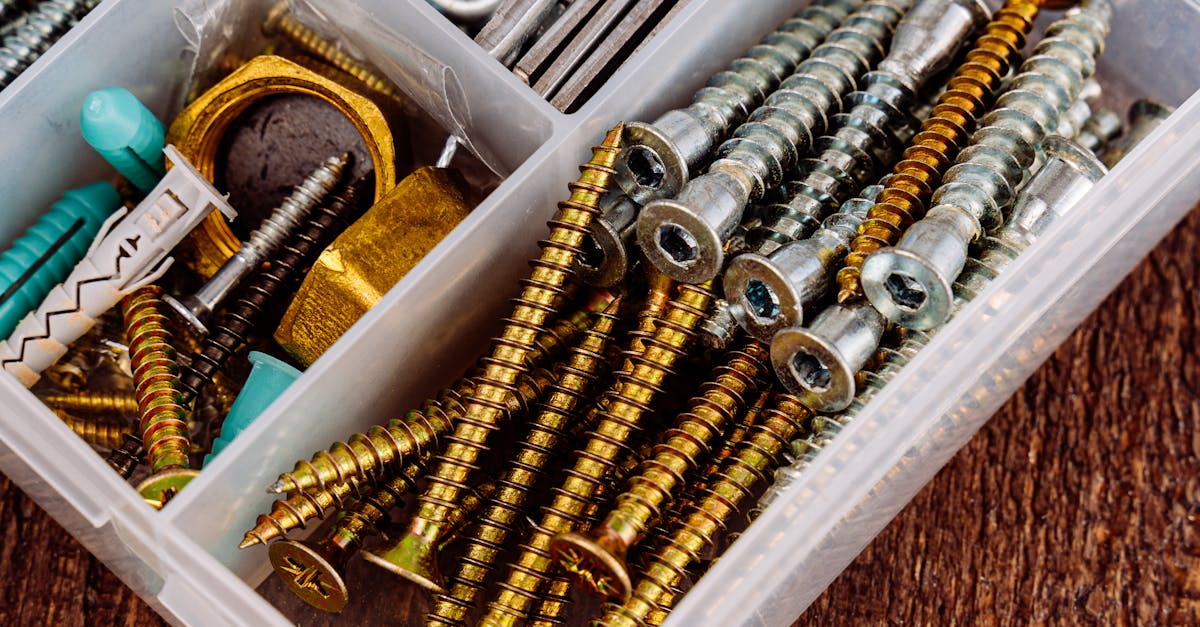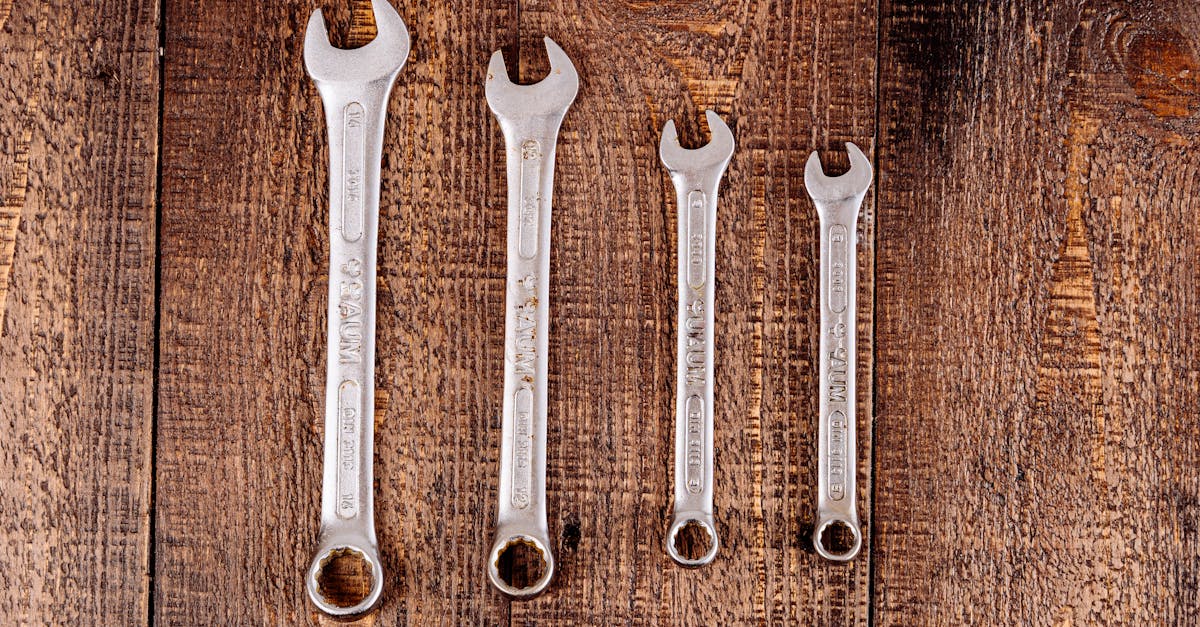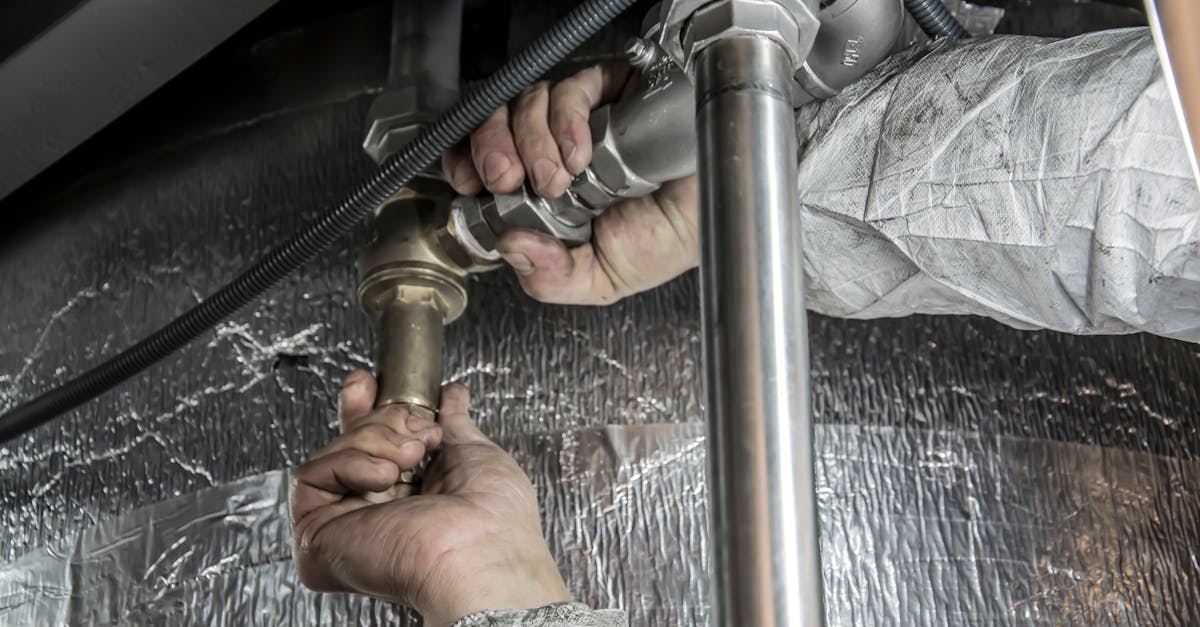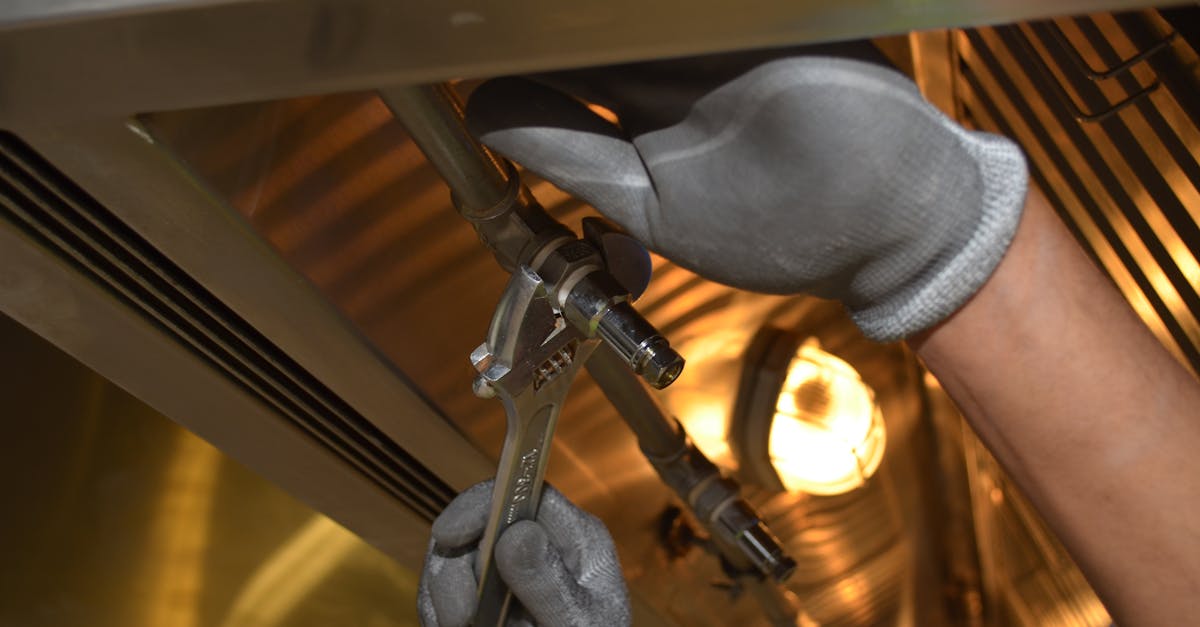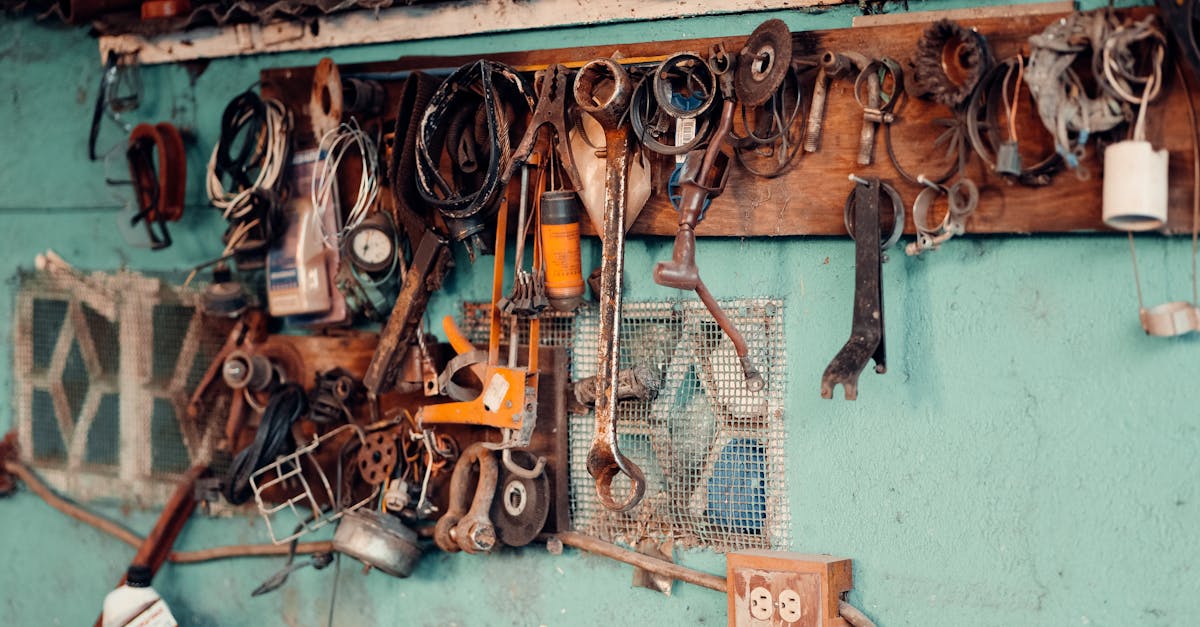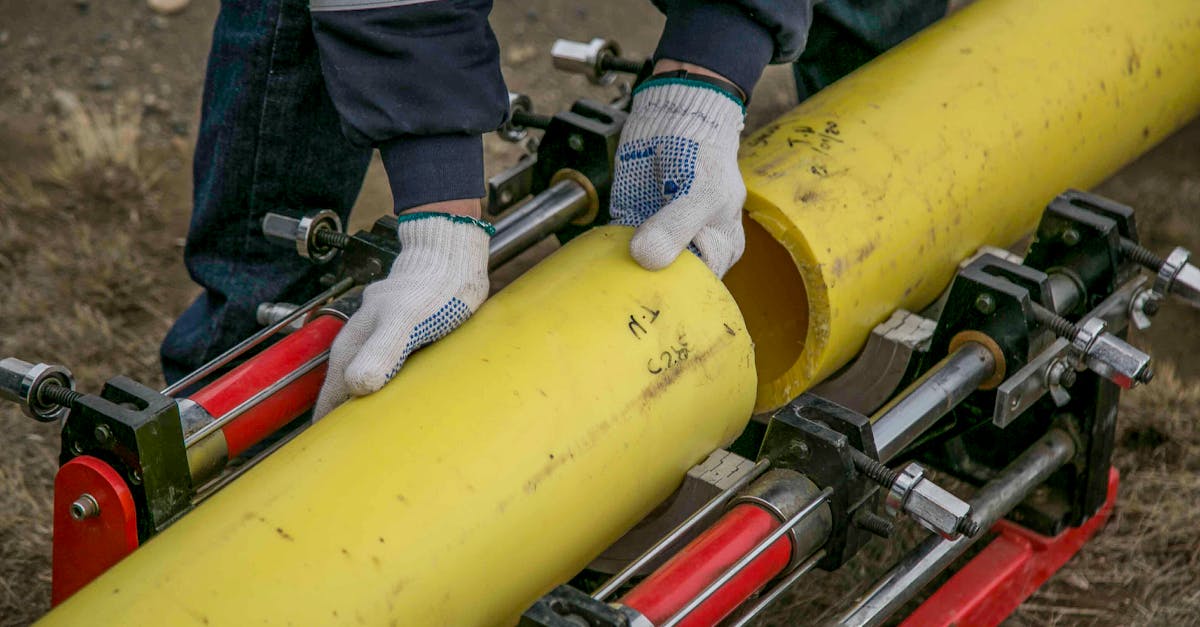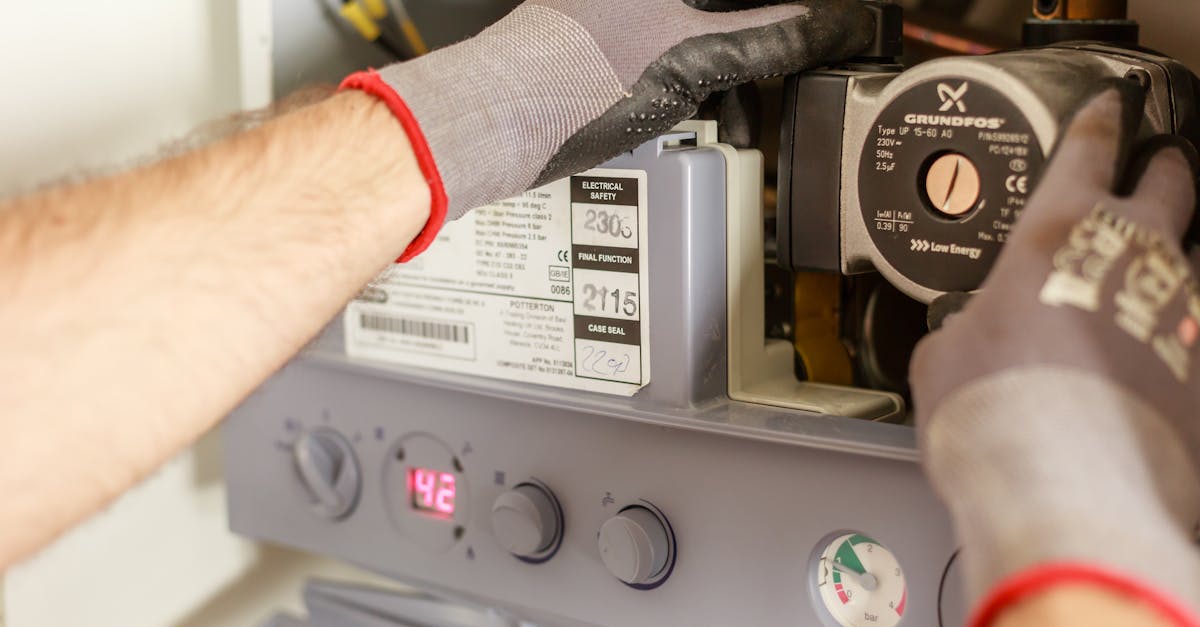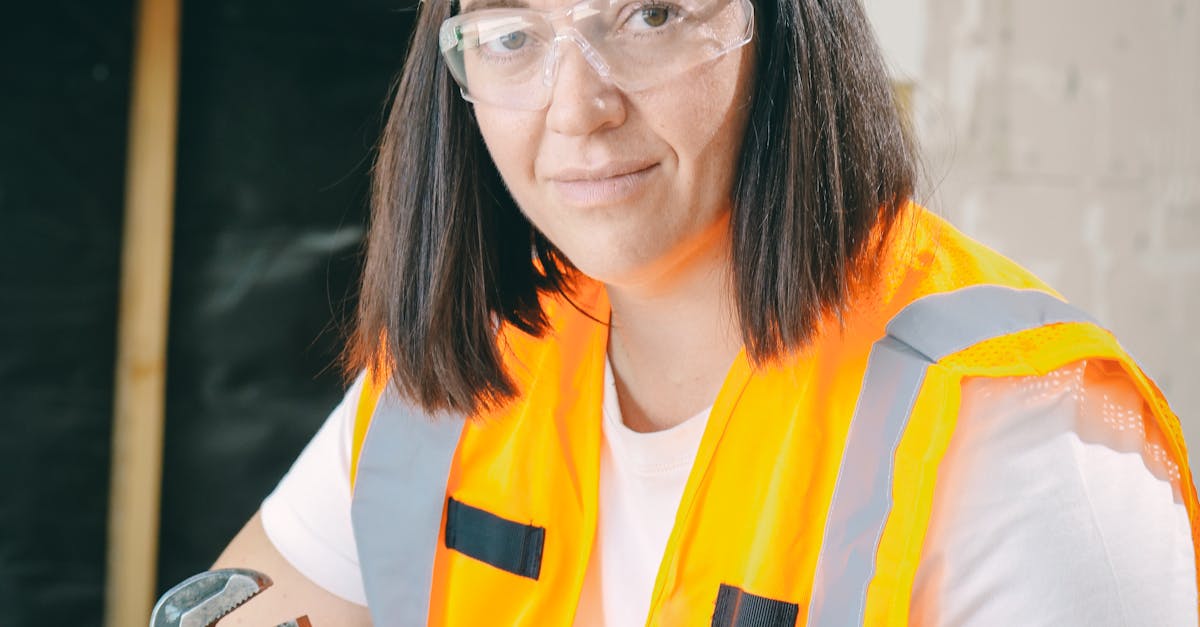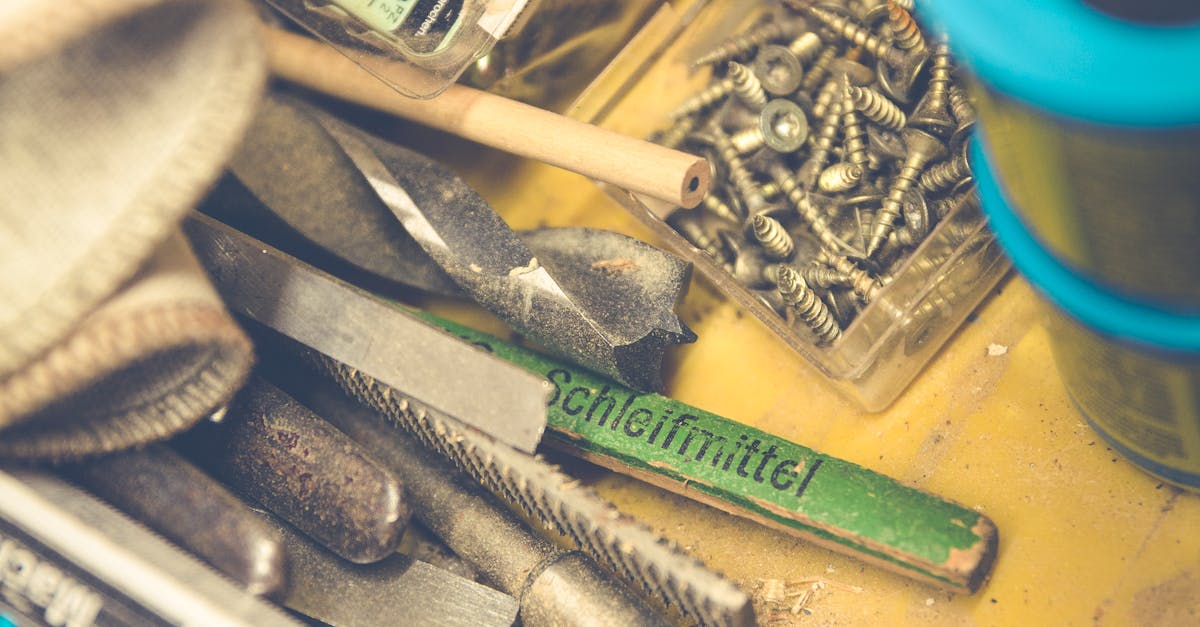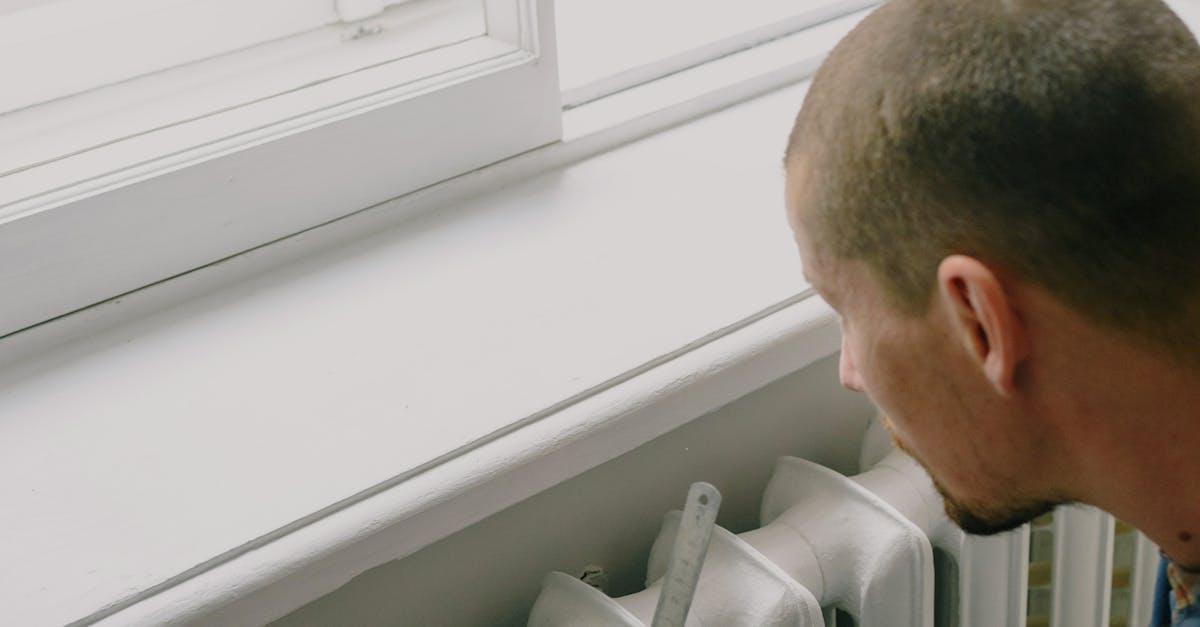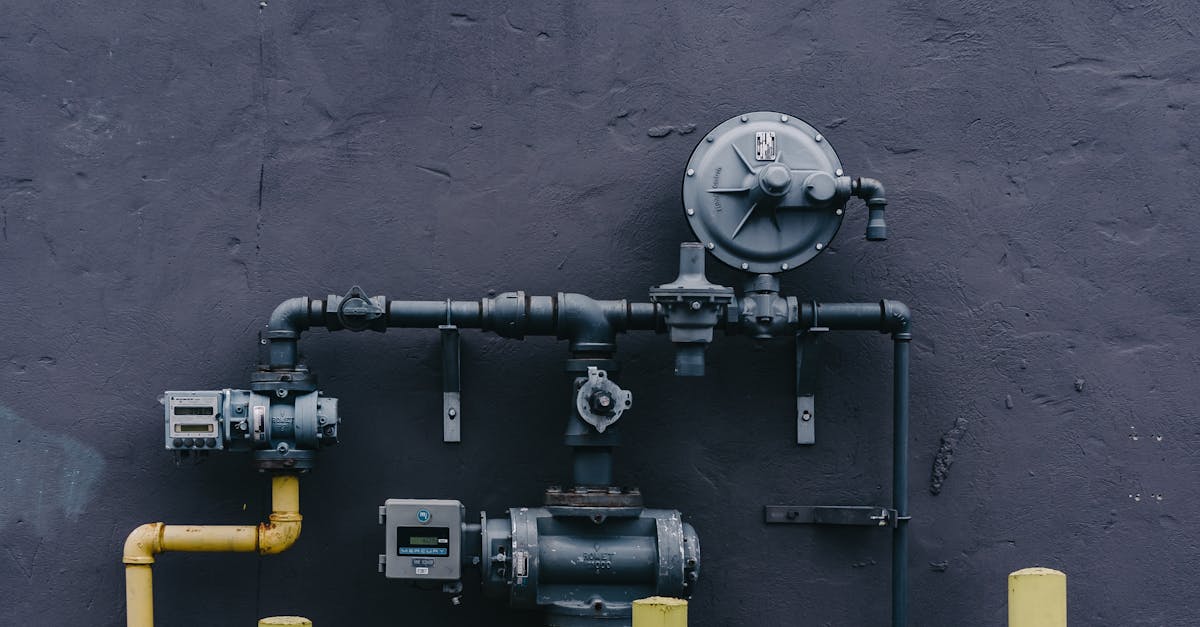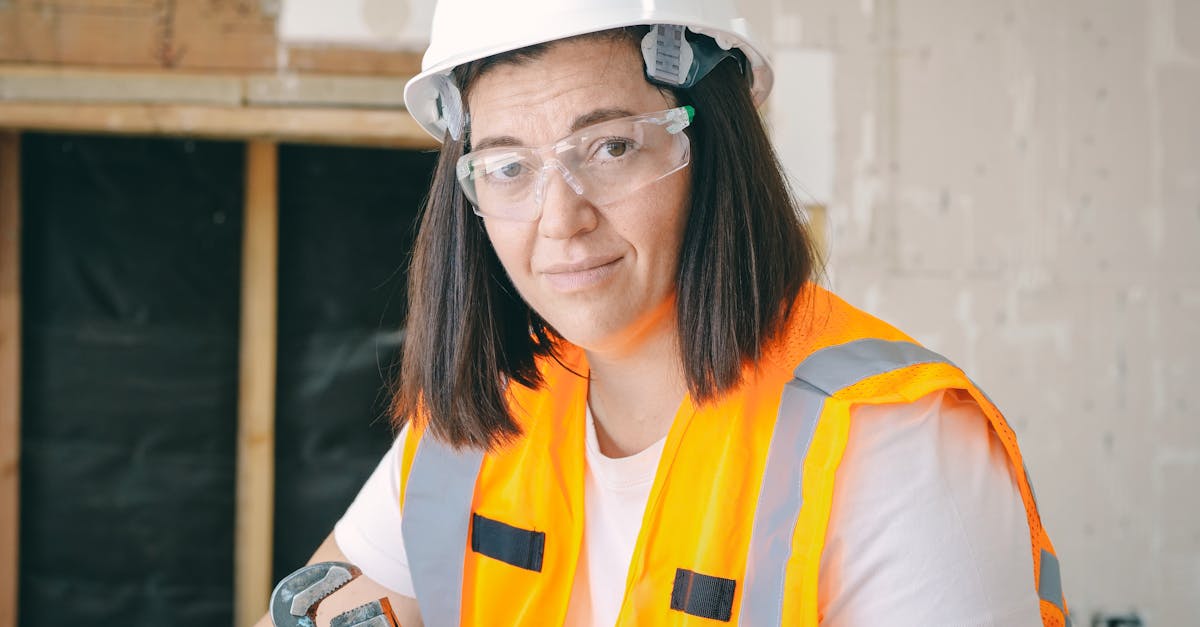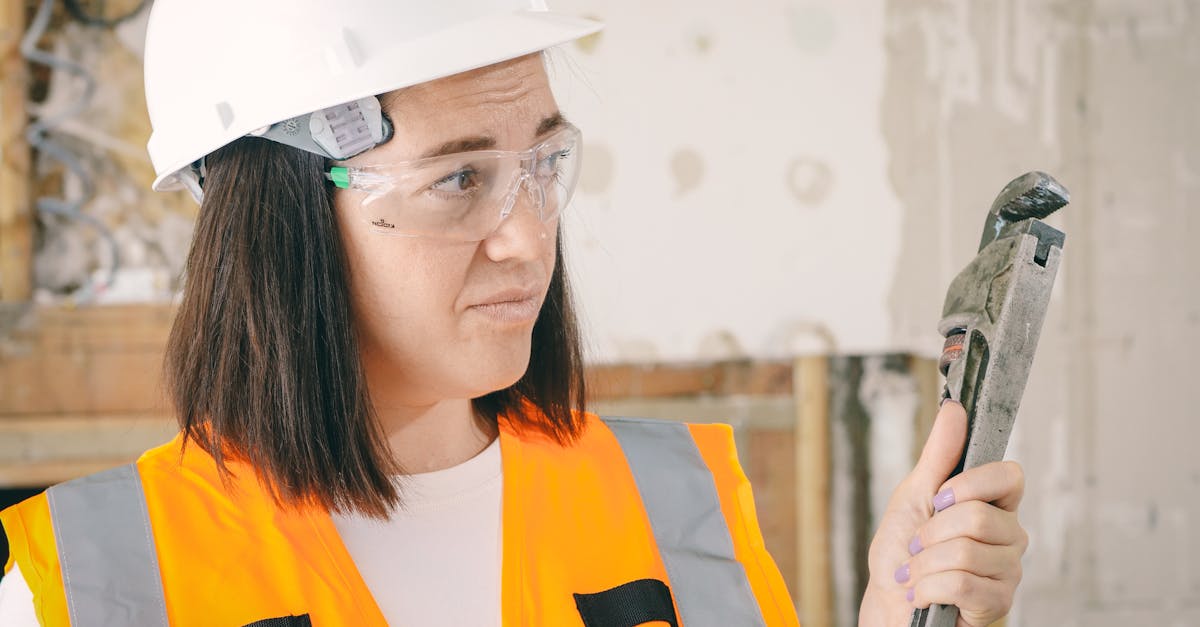
Table Of Contents
Increased Energy Bills
A sudden spike in energy bills can be a clear indication that your hot water tank is struggling to operate efficiently. Older tanks often lose their ability to maintain temperature, resulting in increased energy consumption as they work harder to provide hot water. This inefficiency may lead to significant cost increases on your utility bills, prompting a closer evaluation of your current system.
If you notice a substantial rise in your monthly expenses, it might be time to consider a hot water installation. Upgrading to a newer, more efficient model can yield long-term savings by reducing energy usage. This investment not only enhances your home’s efficiency but also ensures a reliable supply of hot water for daily needs.
Understanding the Impact of Inefficient Tanks
Inefficient hot water tanks can significantly raise energy bills due to the extra energy required to heat water. Over time, older systems tend to lose their efficiency, forcing the unit to work harder and consume more electricity or gas. This not only impacts monthly expenses but also contributes to a larger carbon footprint, which can be a concern for environmentally conscious homeowners. Regular maintenance may help, but eventually, these systems will reach a point where the increased costs outweigh any potential savings.
When considering hot water installation, it’s essential to evaluate how the new system will perform compared to the existing one. Upgrading to a more efficient model can lead to substantial savings over time, as newer technologies often utilise better insulation and more effective heating methods. This means not only lower energy bills but also a higher quality of hot water service, helping to ensure that your household needs are met without unnecessary strain on your energy resources.
Frequent Repairs
If your hot water tank requires frequent repairs, it may be a sign that the unit is nearing the end of its lifespan. Regularly calling a plumber can become costly and inconvenient. Issues such as leaks, inconsistent heating, and strange noises often indicate underlying problems that could escalate if not addressed. A reliable hot water installation should operate efficiently without the need for persistent maintenance.
Weighing the costs of these ongoing repairs against the potential benefits of a new system is essential. An ageing tank not only demands constant attention but can also lead to unexpected breakdowns when you least expect it. Investing in a modern replacement can offer better energy efficiency and reliability, ultimately saving you money in the long run. When repairs start to outstrip the cost of a hot water installation, it’s time to consider an upgrade.
Evaluating Repair Costs vs. Replacement
When evaluating whether to repair or replace a hot water tank, it's essential to consider the costs involved in both options. Frequent repairs can quickly add up, and if your system is older, the likelihood of further breakdowns increases. A simple repair might seem reasonable initially, but over time, these expenses could surpass the cost of a new unit. An older hot water tank, especially one nearing the end of its typical lifespan, may simply be a band-aid solution instead of a long-term fix.
On the other hand, investing in a new hot water tank can lead to significant savings in both energy efficiency and repair costs. Modern systems are designed to be more energy-efficient, thus potentially reducing your utility bills. Additionally, a new installation often comes with warranties that cover various issues for a specified period. If your current system is exhibiting multiple problems, weighing the cost of continued maintenance against the benefits of a hot water installation may lead to a more practical solution in the long run.
Sediment Buildup
Sediment buildup in a hot water tank can significantly affect its efficiency and lifespan. Over time, minerals from hard water accumulate at the bottom of the tank. This accumulation can lead to reduced heating efficiency, causing the tank to work harder to achieve the desired temperature. The buildup may also result in fluctuating water temperatures and unusual noises like rumbling or popping. Regular maintenance can help mitigate this issue, but signs of excessive sediment often indicate that a hot water installation may be necessary.
Inspecting your hot water tank for sediment is essential to ensure optimal performance. Flushing the tank periodically can help remove buildup and prolong its life. However, if sediment issues persist despite regular maintenance, it may be time to consider a new hot water installation. Assessing the tank's age and overall condition alongside sediment levels can provide clearer insight into whether replacement is the most cost-effective solution.
Detecting Signs of Sediment Accumulation
Sediment buildup in a hot water tank can significantly impact its efficiency and lifespan. Common signs to watch for include a decrease in water temperature and an unusual noise coming from the tank. These noises may manifest as rumbling or popping sounds while the system operates. Such indications often point to a layer of sediment accumulating at the bottom of the tank, which can insulate the water from the heating element and lead to irregular heating.
Regular maintenance is crucial to minimise sediment accumulation. A proactive approach includes flushing the tank annually or as suggested by the manufacturer’s guidelines. If you notice persistent issues or are uncertain about the effectiveness of your current hot water installation, consulting a professional can provide insights on whether servicing your tank is sufficient or if replacement might be a more advisable long-term solution.
FAQS
How long do hot water tanks typically last?
Hot water tanks usually last between 8 to 12 years, depending on the type of tank and maintenance practices.
What are the signs that my hot water tank is inefficient?
Signs of an inefficient hot water tank include increased energy bills, inconsistent water temperatures, and strange noises coming from the tank.
Is it worth repairing my hot water tank instead of replacing it?
It depends on the age of the tank and the repair costs. If the tank is over 8 years old and the repair costs are more than 50% of the price of a new unit, replacement is often the better option.
How can I tell if there’s sediment buildup in my hot water tank?
Signs of sediment buildup include discoloured water, strange noises like popping or rumbling, and decreased hot water supply.
What should I do if I suspect my hot water tank needs replacing?
If you suspect your hot water tank needs replacing, it's best to consult a qualified plumber to assess the situation and recommend the best course of action.
